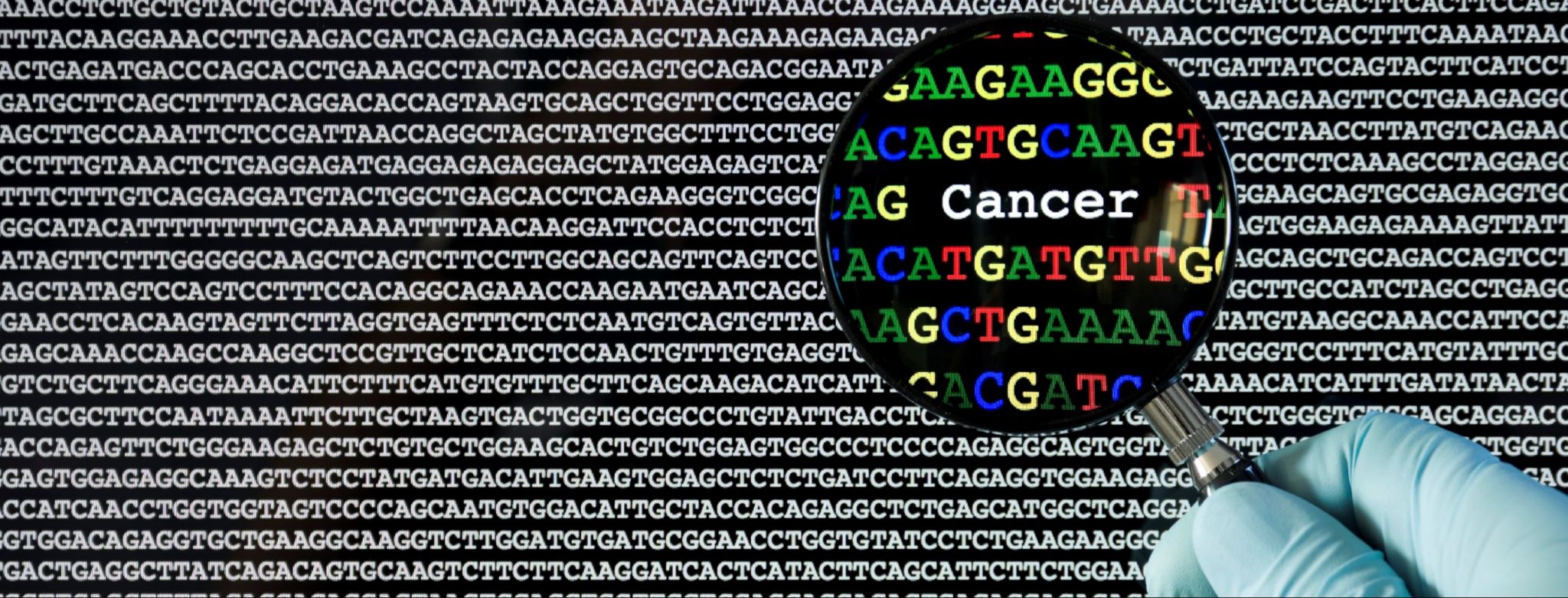29/11/2018
Print PageStrengthening the digital future of cancer research

“We have seen a paradigm shift in cancer research in recent years,” says Nils Blüthgen, who leads the Computational Modelling in Medicine research group at the Integrated Research Institute for Life Sciences (IRI) and the Institute of Pathology at Charité. Just a few years ago, tumors would have been analyzed on the basis of their visible characteristics. Today, the latest high-throughput methods make it possible to examine tumors in great detail based on their molecular profiles. The amount of data produced using these methods is huge. “Pooling and interpreting the complex data sets is a big challenge, for which we need innovative computer-based methods and mathematical models. At the same time, hardly any scientists are being trained to meet this challenge.”
This situation is about to change: as part of the new program, a large number of doctoral students will be supervised by inter-disciplinary teams made up of computer scientists, data modelers, clinical researchers and geneticists. The idea is that in their PhD research projects, they will research and develop computer-based methods and apply them to key cancer research questions. Alongside their research, the program participants will also complete a comprehensive training program with a strong focus on international networking. For instance, there are plans for the young scientists to organize regular joint conferences with a graduate school in the Netherlands. Chris Sander, a well-known bioinformatician at the Dana-Farber Cancer Institute in the USA, is also involved in the program.
The DFG is providing the doctoral program with over 4.5 million euros in funding over an initial project term of four and a half years. The spokesperson is based at Charité, the joint medical faculty of the Free University of Berlin and the Humboldt University of Berlin. The project also involves researchers from the Humboldt University of Berlin, the Max Delbrück Center for Molecular Medicine and the Max Planck Institute for Molecular Genetics, as well as DKTK scientists. The program will launch in June 2019, along with 14 other newly approved graduate programs.